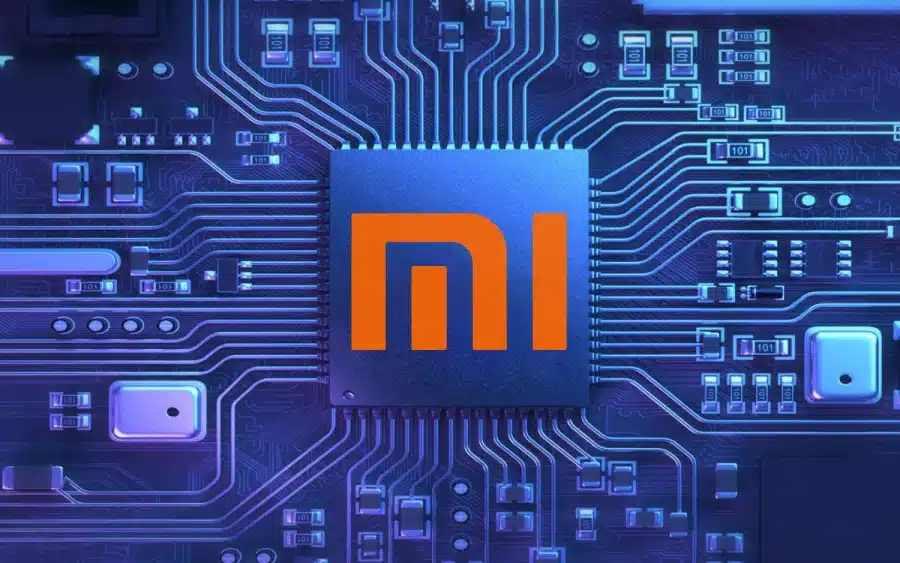Xiaomi’s Ambitious Move into Chipmaking

Xiaomi, the Chinese tech giant, is making significant strides in the mobile processor arena. The company is developing its own self-designed mobile processor for upcoming smartphones. This strategic move aims to reduce its dependence on foreign suppliers like Qualcomm and MediaTek. By creating its own chips, Xiaomi hopes to enhance its self-sufficiency and carve out a unique identity in the competitive Android market, which is currently dominated by Qualcomm’s offerings. According to insiders, mass production of this in-house chip is expected to commence in 2025. This timeline reflects Xiaomi’s ambition to join a growing list of tech companies investing in semiconductor technology, a priority for Beijing amid the ongoing tech rivalry with the United States.
Strategic Shift Towards Self-Sufficiency
Xiaomi’s decision to develop its own mobile processor is part of a broader strategy to reduce reliance on foreign technology. Chinese officials have consistently urged local companies to minimize their dependence on overseas tech suppliers. By investing in its own semiconductor capabilities, Xiaomi aligns itself with national goals and strengthens its position in the market. This move is particularly significant as the tech landscape evolves, with many companies recognizing the importance of self-sufficiency in semiconductor production.
The push for self-designed chips is not just about reducing reliance on foreign suppliers; it also positions Xiaomi to innovate more freely. With its own processors, Xiaomi can tailor its technology to better meet the needs of its devices. This could lead to enhanced performance, improved energy efficiency, and unique features that set Xiaomi apart from competitors. As the company expands its focus beyond smartphones to include electric vehicles, the ability to design and produce its own chips becomes even more critical. This strategic shift could pave the way for smarter, more connected devices across various sectors.
Challenges in the Semiconductor Landscape
Entering the semiconductor market is fraught with challenges. Major players like Intel and Nvidia have struggled to gain a foothold in mobile chip production. Similarly, Xiaomi’s rival, Oppo, has faced difficulties in this arena. The success stories are few, with only Apple and Google successfully transitioning their entire product lines to self-designed silicon. Even industry leader Samsung relies heavily on Qualcomm chips due to their superior efficiency and connectivity.
For Xiaomi, the road ahead will require significant investment in research and development. The company plans to allocate approximately CNY 30 billion (around $4.1 billion) towards R&D in 2025, up from CNY 24 billion this year. This funding will focus on core technologies, including artificial intelligence, operating system enhancements, and chip development. The competition in the semiconductor space is fierce, and Xiaomi will need to overcome substantial technical hurdles to establish itself as a credible player.
Moreover, Xiaomi’s semiconductor ambitions could complicate its relationship with existing chip manufacturers. The company has traditionally worked closely with Qualcomm, optimizing its processors with additional features. As Xiaomi moves towards in-house chip production, it may face challenges in maintaining these partnerships, especially with increasing scrutiny from U.S. authorities on companies operating in mainland China.
Future Prospects and Industry Implications
Xiaomi’s foray into chipmaking could have far-reaching implications for the tech industry. If successful, the company could set a precedent for other Chinese firms to follow suit. This shift could lead to a more competitive landscape in the smartphone market, as companies develop unique technologies that cater to their specific needs. Additionally, Xiaomi’s investment in semiconductor technology aligns with China’s broader goals of achieving technological independence.
The potential benefits extend beyond smartphones. With its own chips, Xiaomi can enhance its electric vehicle offerings, creating smarter and more connected vehicles. This diversification into the automotive sector reflects the company’s ambition to be a leader in multiple technology domains. The integration of advanced semiconductor technology into electric vehicles could revolutionize the industry, offering consumers innovative features and improved performance.
As Xiaomi embarks on this ambitious journey, the tech world will be watching closely. The company’s success or failure in developing its own processors could reshape the competitive landscape and influence the strategies of other tech giants. With significant investments in R&D and a commitment to innovation, Xiaomi is poised to make a lasting impact in the semiconductor industry and beyond.
Observer Voice is the one stop site for National, International news, Sports, Editor’s Choice, Art/culture contents, Quotes and much more. We also cover historical contents. Historical contents includes World History, Indian History, and what happened today. The website also covers Entertainment across the India and World.
Follow Us on Twitter, Instagram, Facebook, & LinkedIn

